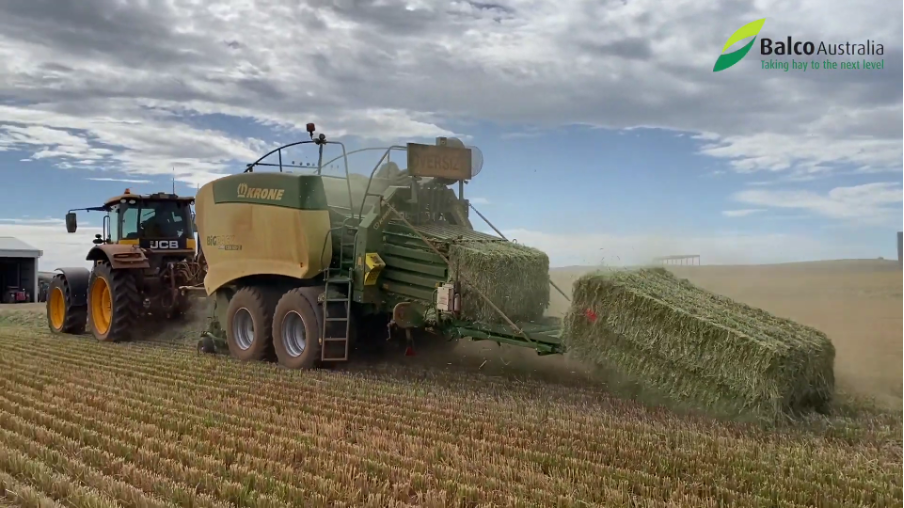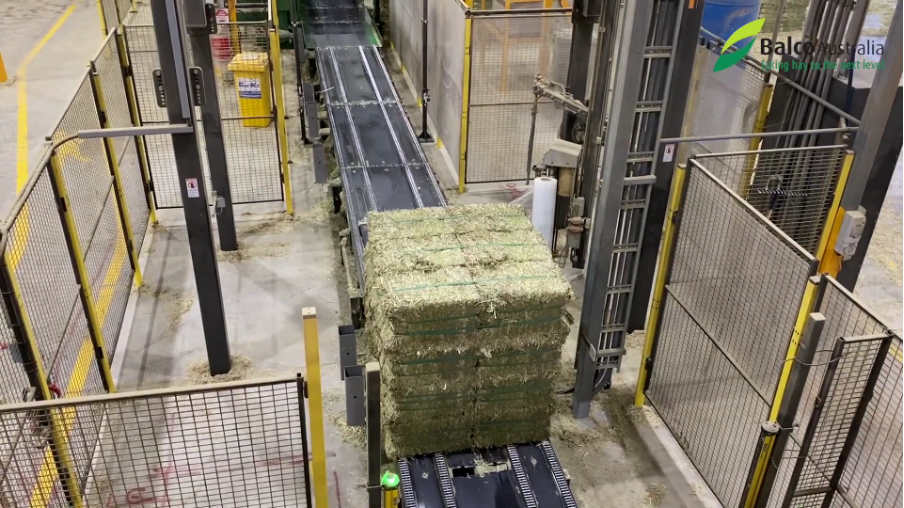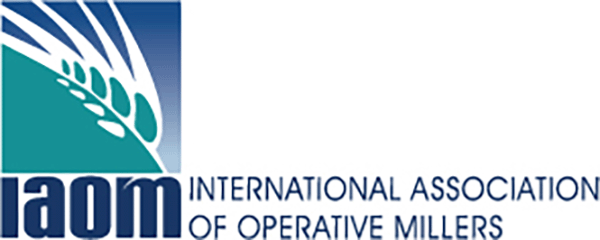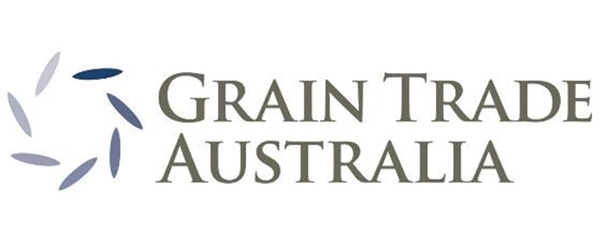Middle Eastern Trade – Relationships and Culture
In October 2020, it was estimated the total urban population in the Middle East was 65% of the total regional population, 10% above the global average of 55% and continuing to grow at an average of 2% per annum. Urbanisation often leads to increased access to economic, and social benefits as well as increased food consumption, all creating opportunities for the right businesses to expand into the Middle Eastern market and capitalise on that structural demand. So why aren’t we seeing more companies taking the leap? One of the main reasons is relationships and culture!
If you take a look at the fodder market in the Middle East, each country in the region has a different way of sourcing and buying their animal feed, and their business culture is based on existing relationships, so tapping into that market without the local knowledge, language and relationships isn’t an easy venture, one that could take years to develop.

This market knowledge aligned with our cultural sensitivity is the reason Basis Commodities was asked to assist one of Australia’s largest fodder exporters, Balco Australia , back in 2018. A venture that continues to provide real value to Middle Eastern customers and to Balco.
Balco Australia, based in South Australia has been exporting quality oaten hay to multiple countries around the world since the 1990’s including Japan, China, Taiwan and Korea. Understanding that the significant population growth in the Middle East combined with many countries in the region phasing out local animal feed production due to water management concerns would lead ongoing structural demand for fodder, Balco enlisted Basis Commodities to assist in developing this new export pathway.

“Our investment in additional processing capacity created the need for new markets, and the Middle East offered so much potential for Australian fodder in particular, so we needed a regional expert to set us on the right track. We started working with the Basis Commodities team in 2018. They have a large and trusted network of contacts in the feed and foodstuffs sector in the Middle East as well as an office based in Dubai, so we were looking to tap into that network..” – Rob Lawson, CEO of Balco Australia.
Expanding into any international market, for any purpose, isn’t as simple as investing in some flights, infrastructure, making a few phone calls, putting a pretty picture on the product or service and subsequently being accepted. It takes significant research to understand the culture and business customs of the country or the region you want to operate in. Understanding those customs, culture and ‘way of doing things’ is the key to success when expanding into and carving out new markets, particularly in a region like the Middle East.

For more information on how Basis Commodities can assist your business to expand into the Middle Eastern market, reach out to the team to discuss further.
If you would like to receive regular market information from Basis Commodities, be sure to sign up to our information form as we share our market intelligence each week to assist you with your trading decisions.
The post Middle Eastern Trade – Relationships and Culture appeared first on Basis Commodities.
Other articles you may like

Sign Up
Enter your email address below to sign up to the Basis Commodities newsletter.
Newsletter Signup
Thank you for signing up to the Basis Commodities email newsletter.
Please try again later
Quick Links
Basis Commodities Pty Ltd
PO Box 340, Northbridge
NSW 1560, Australia
Basis Commodities Consulting DMCC
PO Box 488112
Dubai, UAE
Copyright © 2024 Basis Commodities Pty Ltd. All rights reserved.
site by mulcahymarketing.com.au






